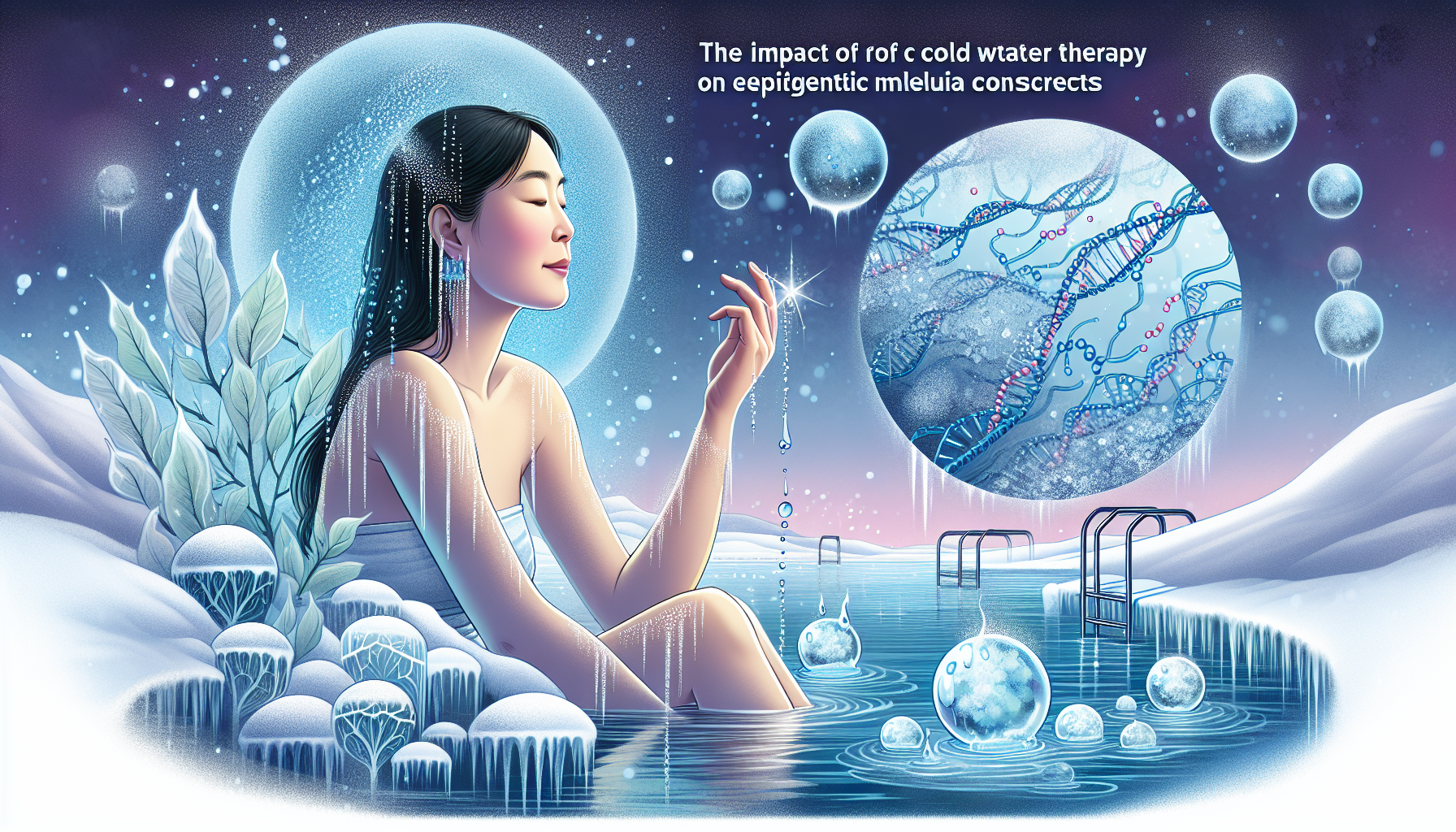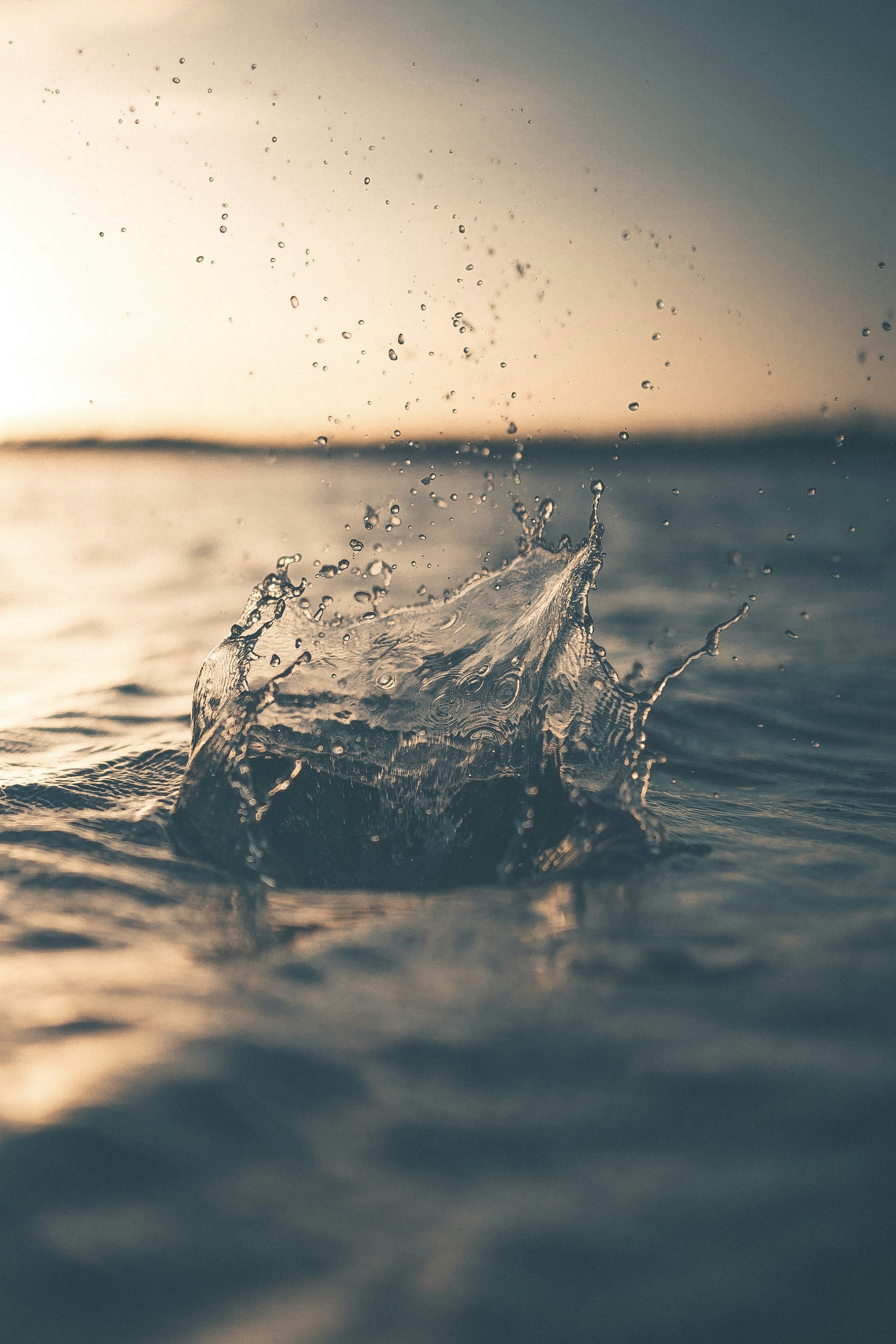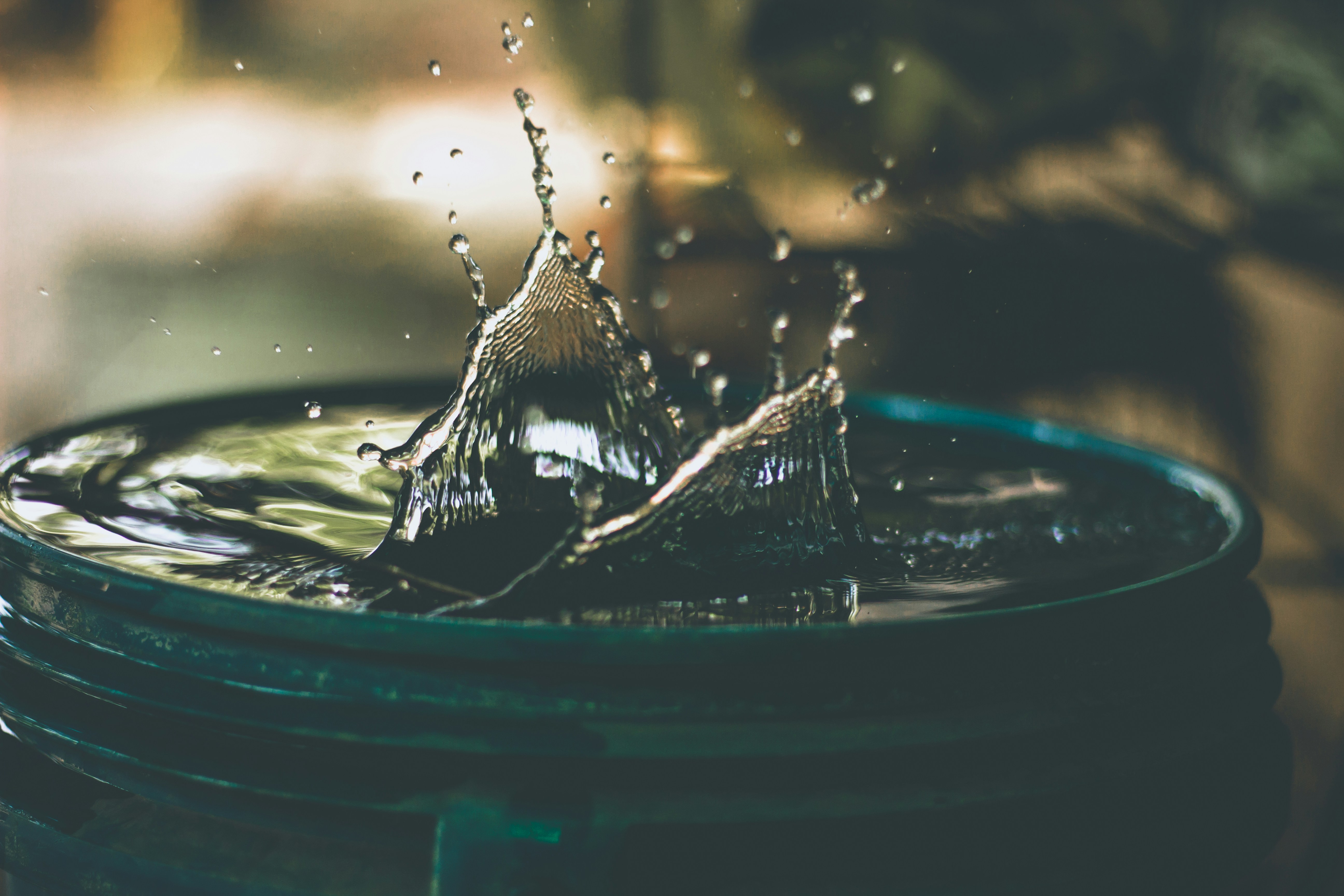Have you ever wondered about the hidden biological switches within your body that can be influenced by simple lifestyle choices, such as immersing yourself in cold water? It’s fascinating how something as basic as cold water therapy is not only invigorating but may also have a profound impact on your genetic expressions through epigenetics.
Understanding Cold Water Therapy
What is Cold Water Therapy?
Cold water therapy, also known as cold immersion, involves exposing the body to cold water for a short duration. This practice is rooted in ancient traditions for its purported health benefits, including boosting circulation and improving recovery. More recently, it’s grown in popularity for its potential biological impacts.
The Science Behind Cold Exposure
When your body is exposed to cold water, several physiological changes occur. Your blood vessels constrict, and your heart rate increases, leading to improved circulation. Additionally, cold exposure can stimulate the release of endorphins, your body’s natural painkillers. This response can lead to enhanced mood and increased energy levels.
Exploring Epigenetic Markers
What Are Epigenetic Markers?
epigenetic markers are biochemical signals that tell your genes how to behave. They can turn genes on or off, which influences how cells read genes without changing the underlying DNA sequence. These markers are influenced by various factors including diet, environment, and lifestyle choices, thus playing a crucial role in health and disease.
How Epigenetics Affects Health
The impact of epigenetic changes can be vast, influencing aging, chronic diseases, and overall well-being. For example, turning on certain genes can help your body resist tumor growth, while turning off others might contribute to conditions like obesity or diabetes. This highlights the importance of understanding how you can influence these markers for better health outcomes.
The Intersection of Cold Water Therapy and Epigenetics
The Biological Impact of Cold Water
So how does cold water therapy interact with epigenetic markers? The precise mechanisms are still being explored, but researchers suggest that cold exposure might trigger beneficial epigenetic modifications. For instance, it could potentially influence genes involved in inflammation, stress responses, and metabolism.
Research Studies and Findings
While there’s still much to discover, preliminary studies have demonstrated that cold water therapy can alter specific epigenetic markers. For example, a study on athletes showed changes in genes related to muscle recovery and oxidative stress following cold water immersion. These findings suggest that cold exposure may affect genes involved in your body’s response to physical stressors.
Benefits of Cold Water Therapy on Epigenetics
Improved Stress Response
Stress is a major factor influencing epigenetic changes. Cold water therapy might help modulate your stress response by enhancing the expression of certain protective genes. This could make your body more resilient to everyday stressors, promoting balance and well-being.
Enhanced Metabolic Function
There is evidence suggesting that cold exposure can activate brown adipose tissue, the type of fat that burns calories to generate heat. This activation might be linked to positive changes in epigenetic markers associated with mitochondrial function and energy expenditure, potentially aiding in weight management and metabolic health.
Inflammation and Immune System Modulation
Cold water immersion might also play a role in reducing inflammation by influencing the genes responsible for inflammatory responses. This modulation can lead to a more robust immune system and reduced risk of chronic inflammation-related diseases.
How to Safely Practice Cold Water Therapy
Getting Started with Cold Exposure
If you’re intrigued by the potential benefits of cold water therapy, it’s important to start gradually. Begin with short, controlled exposures, and listen to your body. You might begin by ending your shower with a brief cold rinse before transitioning to colder, longer immersions over time.
Precautions and Considerations
Cold water therapy isn’t for everyone and can pose risks, especially for individuals with certain health conditions, like heart problems. It’s crucial to consult with a healthcare professional before starting any new regimen. Also, ensure you’re in a safe environment when you try this therapy to avoid risks such as hypothermia.
Cold Water Therapy in Daily Life
Cold Showers and Ice Baths
Incorporating cold showers or ice baths into your routine can be a convenient way to practice cold water therapy. Cold showers involve simply reducing the water temperature during your usual shower routine. Ice baths, on the other hand, require filling a tub with cold water and ice, offering a more intense exposure.
Seasonal Swimming
If you have access to safe natural bodies of water, seasonal swimming might be an exciting way to integrate cold exposure into your lifestyle. Many enthusiasts participate in winter swimming events, which are both social and therapeutic.

The Future of Research in Cold Water Therapy and Epigenetics
Unanswered Questions
While interest in cold water therapy continues to grow, there are still many unanswered questions regarding its effects on epigenetics. Research is ongoing, with scientists looking to better understand the long-term implications of repeated cold exposure on genetic expression and overall health.
Potential Therapies and Innovations
As more data becomes available, cold water therapy could potentially become an adjunctive treatment for various health conditions. Understanding how it affects epigenetic markers may lead to novel interventions aimed at enhancing health through lifestyle modifications.
Conclusion
Cold water therapy offers an intriguing glimpse into the potential to influence your genetic expression through simple, non-invasive means. While much remains to be explored, the promise it holds for impacting vital epigenetic markers cannot be understated. Always exercise caution and speak with a health professional before incorporating new practices into your health routine. Through mindful integration, you might find it a refreshing addition to your lifestyle that extends beyond a mere chilly dip. Who knows the extent of healthy changes you might unlock by simply stepping into the cold?





